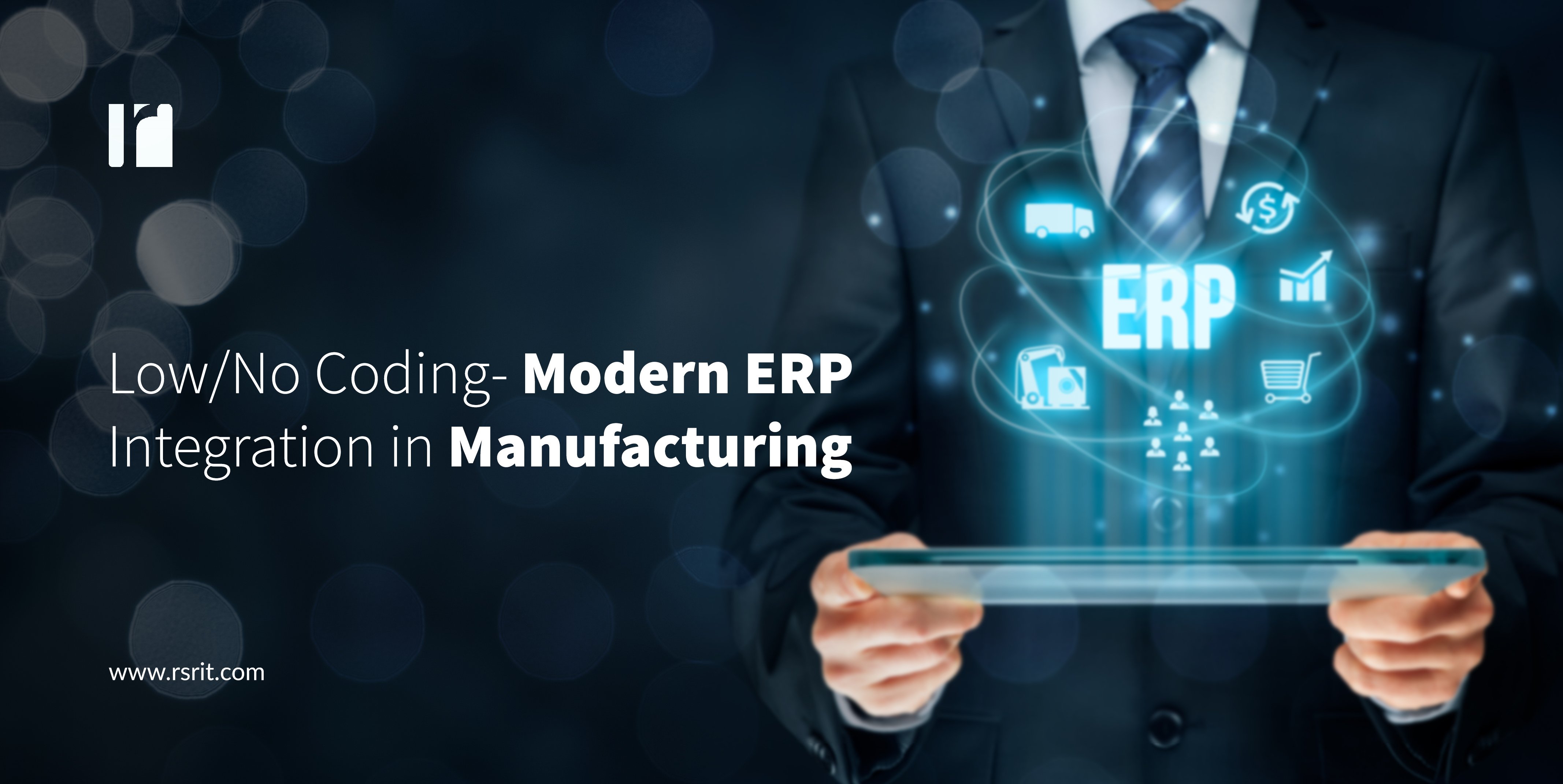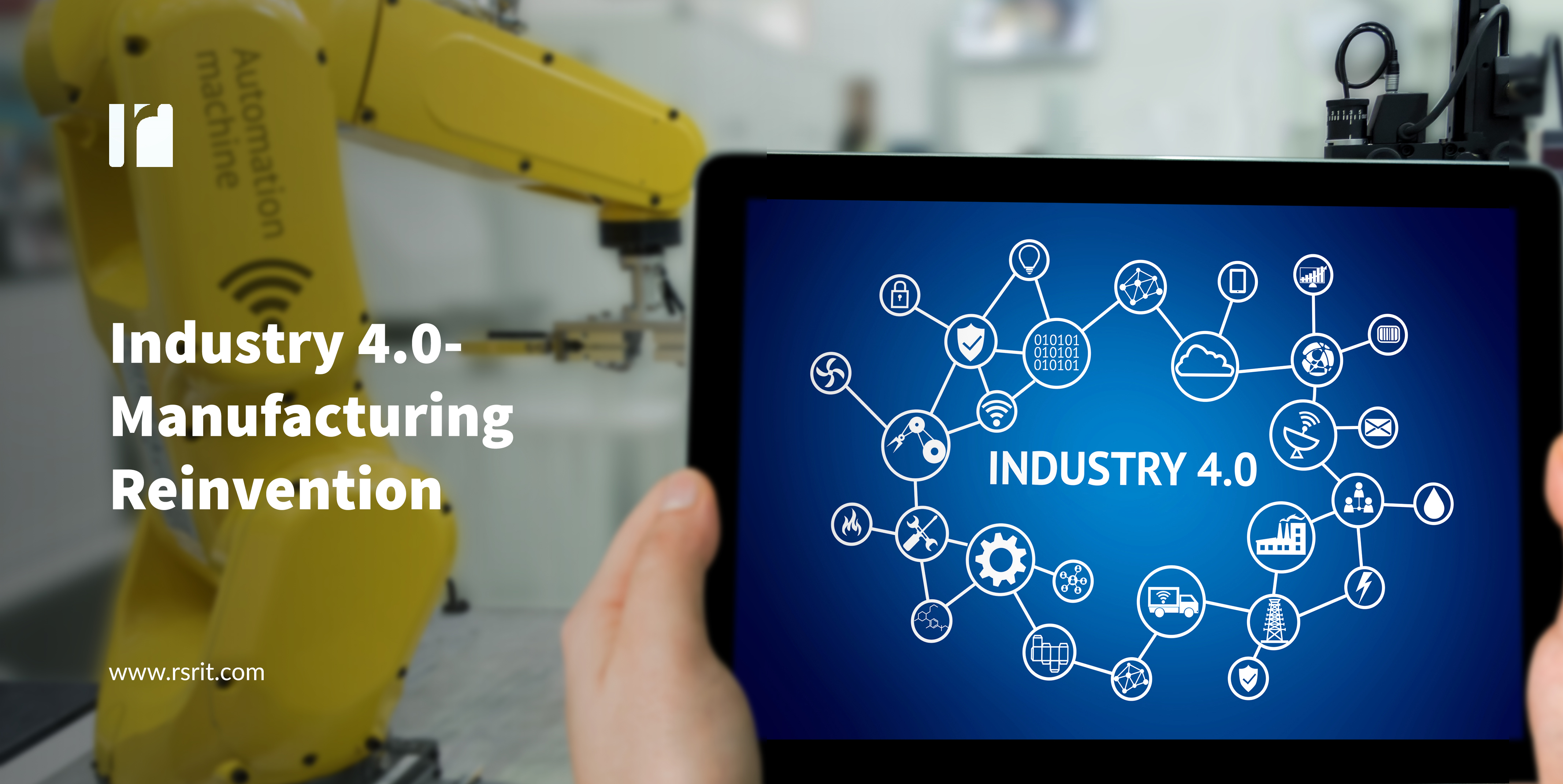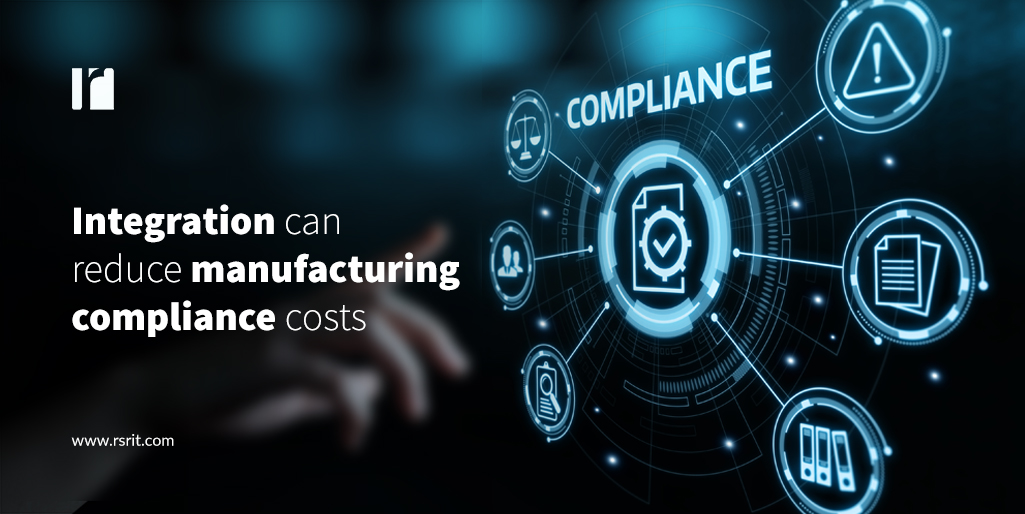Technology’s frequently changing nature leads to constant updates in the way things work. However, it also moves slow enough that developers need to keep up on “older” skills to be able to compete. An average developer probably won’t have to work with punch card readers, but they could still be using coding that’s 20 or 30 years’ old throughout the course of a standard day.
Read More
Enterprise resource planning (ERP) was introduced in the 1990s as a resource management system to solve critical operations issues for manufacturers. Over the years, ERP has improved and expanded outside of its traditional box through digitalization, to help manufacturers integrate modern cloud ERP solutions and expand results throughout the organization.
Read More
The role of manufacturers has grown due to the efficiency and proficiency they can offer through hyper-connected technologies, new insights and perspectives as part of their transition to Industry 4.0. This is making the sector richer by further increasing efficiencies and renewing the industry’s approach to innovation.
Read More
The manufacturing industry is often stereotyped as being populated by old-economy dinosaurs that trail the “knowledge economy” in terms of the tools they use. In reality, many manufacturers have been early and enthusiastic adopters of digital technologies that improve productivity, reduce costs and benefit their bottom lines. However, a new challenge facing manufacturers who have embraced a[…]
Read More
As the manufacturing industry moves towards digital transformation and Industry 4.0, it continues to adopt new technologies and advanced manufacturing processes. These new tools are also leading to increasing rules, regulations and demand for operational transparency, urging manufacturing enterprises to adopt new strategies to address regulatory compliance.
Read More


